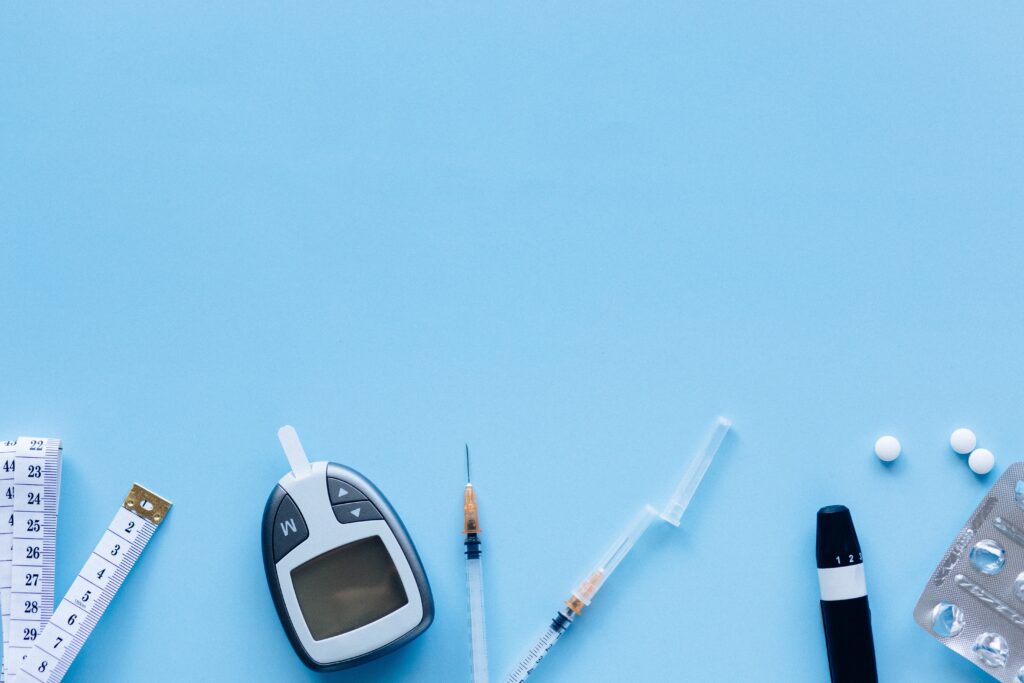Diabetes can be a debilitating and fatal illness to manage for seniors and the older adults population. Diabetes Mellitus, a chronic disease is estimated to affect 33% of adults 65 and above with type 2 diabetes being the most common. Before we continue, lets try to answer define what diabetes is. Diabetes occurs when blood glucose also known as blood sugar is on the high side. Our pancreas is responsible for turning a lot of the food we eat into sugar called glucose. To use this glucose as energy, our bodies need insulin to help get this glucose into our blood. With diabetes, the patient’s body may not produce enough insulin or use insulin in the right way or both.
If your senior has diabetes, it is important to manage the ailment properly, Diabetes over time can result in health problems like heart disease, stroke, kidney disease, eye problems and nerve damage that can lead to amputation.
How do you know you/your senior may have type 2 Diabetes?
Patient might experience feelings of tiredness, increased hunnger or thirst, unexplained weightloss, frequent urination, blurred vision, skin infections and no quick healing from bruises and cuts. Some older adults might dismiss some of these symptoms as signs of aging but they can pose a serious problem if left unchecked. Talk with your Doctor if you or your senior loved ones show two or more of these symptoms.

Tips to prevent type 2 Diabetes
There’s no sugarcoating this, a healthy lifestyle after a certain age is the best way to ensure you don’t gamble with your health. Here are some steps you can take to keep you safe.
- Lose the extra weight– Check your BMI and if your weight is way above, it is recommended you lose the extra weight to reduce your chances of getting type 2 diabetes. For seniors above 65 who want to lose weight, contact your Doctor for the best excercise and diet regimen to use before starting your weight loss journey.
- Stay Active– Even if its a 5 or 10 minnute walk, engage in some form of excercises and physical activities that pumps your heart and helps you sweat
- Eat more plant based meals– Swap the meat for fish, the carbs for veggies and simple proteins and sodas for fruit juices and drinks. Idulge in your sweets annd cakes sparingly but ensure the bulk of your meal is plant based
- Avoid Smoking/Alcohol– It’s time to take care of your health. Dump the cigarretes and alcohol and make water your best buddy. Drink at least 2 litres of water daily to keep you hydrated always.
Managing Type 2 Diabetes
Most times, people with type 2 diabetes can manage their condition by altering their diet and excercising. But if other conditions like high blood pressure and high cholesterol are present, a person may need both lifestyle changes and medication. If you’ve been told you have diabetes, you may need to have a diabetes management team based on your lifestyle, other conditions, preferences and age. You may need a dietitian, a fitness instructor, a Doctor depending on the severity of the conndition.
Older adults are at a risk of more severe conditions that may impact brain health that can make diabetes self care difficult. Managing your condition will include a number of activities.
Monitor your glucose levels. Very high glucose levels(hyperglycemia) or very low glucose levels(hypoglycemia) can be dangerous. Your Doctor will tell you how often you need to test your blood sugar expecially if you’re taking insulin.
Eat Healthy. Your food choices will affect your glucose levels, so watch what you eat. More plant and vegan based meals with moderate portions should be your watchword. However, it is best to speak with a dietitian to understand more about your food choices.
Take your medicines. If you’re on medication for diabetes, ensure you take your medicines promptly and regularly. Even when you feel good,btake your medicies. If you cannot afford your medicines or you have trouble keeping up with your medication, inform your Doctor.
Keep your blood pressure in check. Now is the time to ensure your blood pressure numbers are great! Get your blood pressure checked often.
Check your eyes and teeth regularly. To avoid eye and tooth problems that may cause complications later on, check your eyes and tooth at least twice or thrice a year.
Manage your cholesterol levels. Monitor your triglyceride and levels to decrease your risk of developing heart problems from managing diabetes.
Always check in with your management team. Your team of Doctors managing you will assess how well you are managing your diabetes from time to time. You might need medication change or modification, or you may need more information and support. Diabetes is not a death sentence, adequate management of the condition is key to thrive and live a healthy life.
![]()
